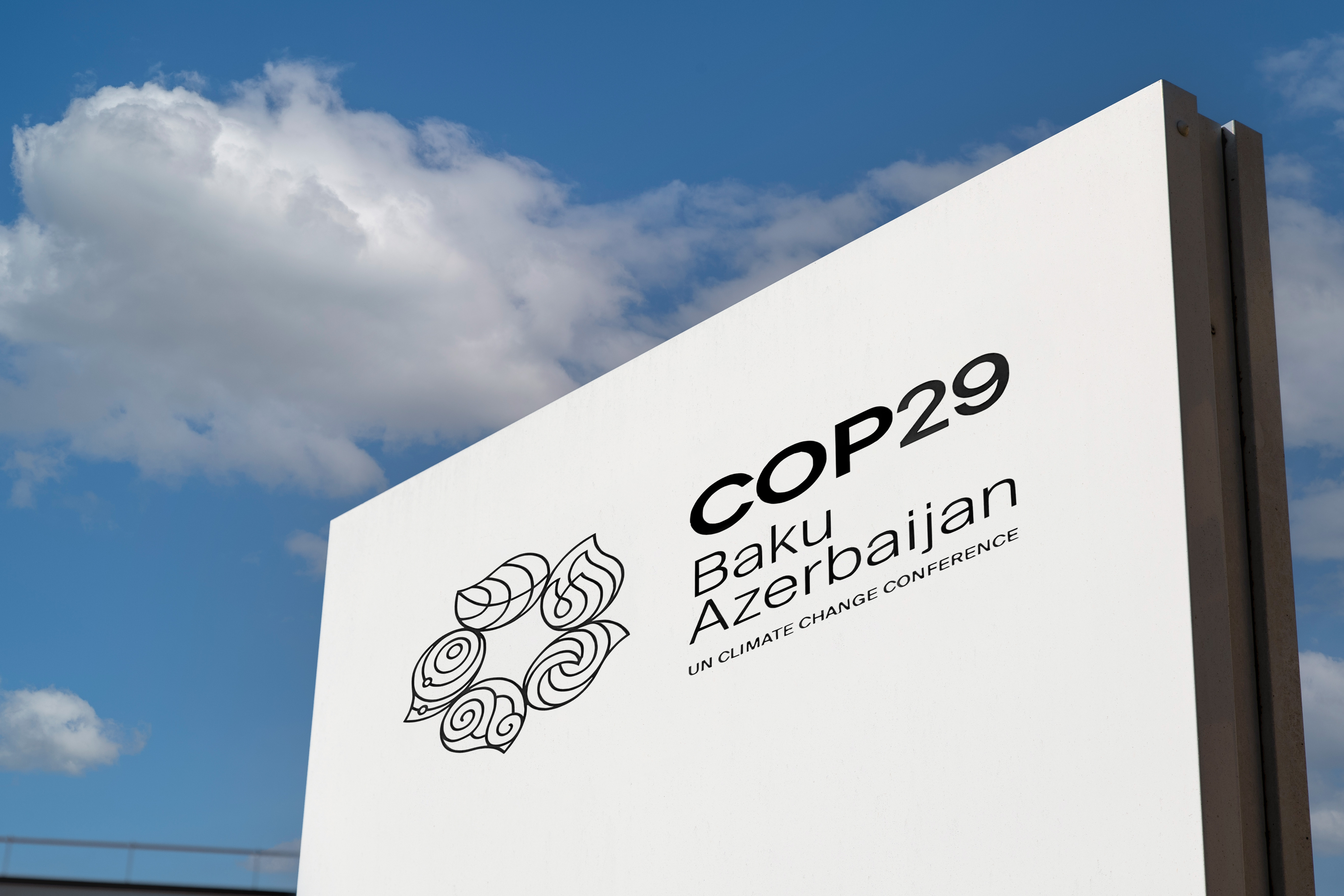By Shriya Patel
COP29 is the 29th Conference of the Parties, which has been hosted by Azerbaijan (a Central Asian country between Iran and Russia). Around 40,000 representatives from all UN members and EU arrived in Azerbaijan’s capital, Baku, for a two-week conference.
A recent UN report cautioned that, if current practices continue, the world is on course to warm by almost 3°C by the end of the century, making the COP29 summit imperative. This is far above the goals of the 2015 Paris Agreement, which sought to keep global warming to 1.5 degrees Celsius over pre-industrial levels. According to the UN, the target is still ‘technically possible’, but substantial reductions in total emissions would have to occur over the course of the following ten years. Fossil fuel use is still rising, according to the International Global Carbon Project team, due to CO2 emissions projected to reach a record-breaking high of 37.4 billion tonnes which is up 0.8% from 2023. This highlights the urgency of action needed to save the planet.
Several charities have warned that the £238 billion requested is insufficient to assist the most vulnerable in tackling climate change. Among these charities is ActionAid UK, which called the deal ‘a complete catastrophe’, and asserted that the sum promised was ‘a drop in the ocean’ in comparison to the ‘trillions needed to help climate-hit communities’. According to Christian Aid, vulnerable people would lose their lives as a result of the rich countries’ conduct, which ‘hijacked’ the summit. Although the UK was commended by environmental group ‘Friends of the Earth’ for contributing positively to the discussions, the group stated that developing countries are generally being ‘hammered by climate extremes’.
Many representatives of various nations spoke up about the further impact of climate change, not only on this generation but on any generations to come, including The Bahamas Prime Minister Philip Davies, who criticised fellow world leaders through this statement: ‘If we fail to act, it will be our children and grandchildren who bear the burden, their dreams reduced to memories of what could have been’. This statement was also echoed by Theo James, actor and UNHCR goodwill ambassador, who emphasised the impact of climate change on vulnerable people. ‘Out of the 120 million people forcibly displaced around the world, 90 million of them are facing high to extreme climate change impacts. That’s why more help is needed now’.
The agreement reached at 03:00 local time on Sunday, the 24th of November would see wealthier nations providing developing nations with more funding so they can continue fighting climate change. By 2035, wealthy nations have formally pledged to provide £238 billion annually to help less fortunate countries. Even if more underdeveloped nations benefit from this arrangement, this is ‘too little, too late’, according to the African Group of Negotiators. Overall, the battle against climate change continues, but due to COP29, the fight is a global effort.
